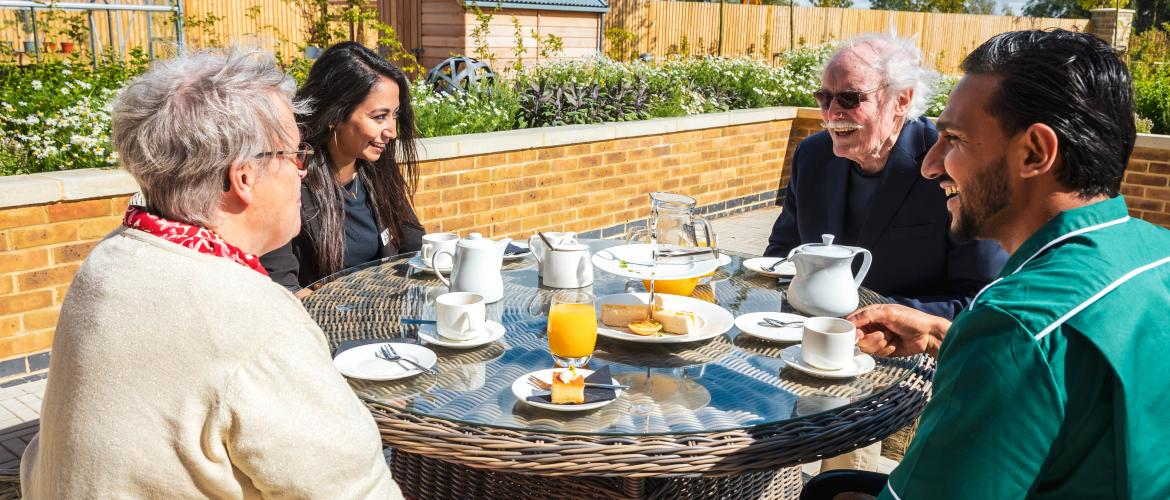
Tips to improve your diet
Having a poor diet can exacerbate many serious health conditions, and a poor diet can cause many others – for example, high cholesterol, heart disease and diabetes can all be triggered by a poor diet.
But often, it can be hard to isolate what the cause of our poor diet is, or how we can combat it. So we’ve got some tips to help you take control and get your diet back on track.
Be your own chef
It can be fun to eat out every so often – especially when you’re on holiday or for a special occasion. But sometimes, you can find that you are leaving your food preparation in the hands of others.
While this may make your life a bit easier, this can cause you to be unaware of what’s actually going into your food – and of how healthy or unhealthy the food you’re consuming may be.
Consider cooking more of your meals and make an effort to add healthier ingredients – such as grains, vegetables and protein – whilst also cutting back on harmful ingredients, like salt. If you’re finding it too exhausting, get a family member involved with the preparation.
Cut back on bad foods
This is one of the simplest steps to improving your diet. The NHS says that it can be as simple as replacing your white bread with whole-grain, or choosing a leaner cut of meat.
If you’re used to eating streaky bacon, why not try replacing it with back bacon – which contains less unhealthy fat. Other easy steps include reducing the amount of salt you use whilst cooking or using skimmed milk.
Think about when you eat
Eating in front of TV is of the most common triggers for overeating, according to research. If you’re distracted by the TV you’re unlikely to be aware of your own body, not noticing if you’re full or satisfied and continuing to eat.
Think about when and where you’re eating. It may be helpful to implement a ‘no meals in the TV room policy’, or insisting that you only eat at the table.
Consider price versus nutritional content
One of the biggest things to consider when it comes to eating healthily versus poorly is the price. According to some research, healthy foods can cost us up to three times as much as unhealthy foods.
While it is important to stay within your budget, it’s also important not to ignore the ingredients or labels on the food you’re purchasing. Before you pick something up and put it in your basket, compare the healthy parts – vitamins, minerals, fibre etc – against the unhealthy parts – like salt, fats and sugar.
Branch out
When it comes to cooking, or even just shopping for ingredients, try to branch out from what you would usually buy. Eating becomes less of a requirement for living and more of an exciting activity when you start treating your taste buds to new foods.
Worried you might not like it? Take smaller steps to begin with. For example, if you want to switch to healthy brown rice, but don’t like the texture, why not mix it with white rice to begin with?